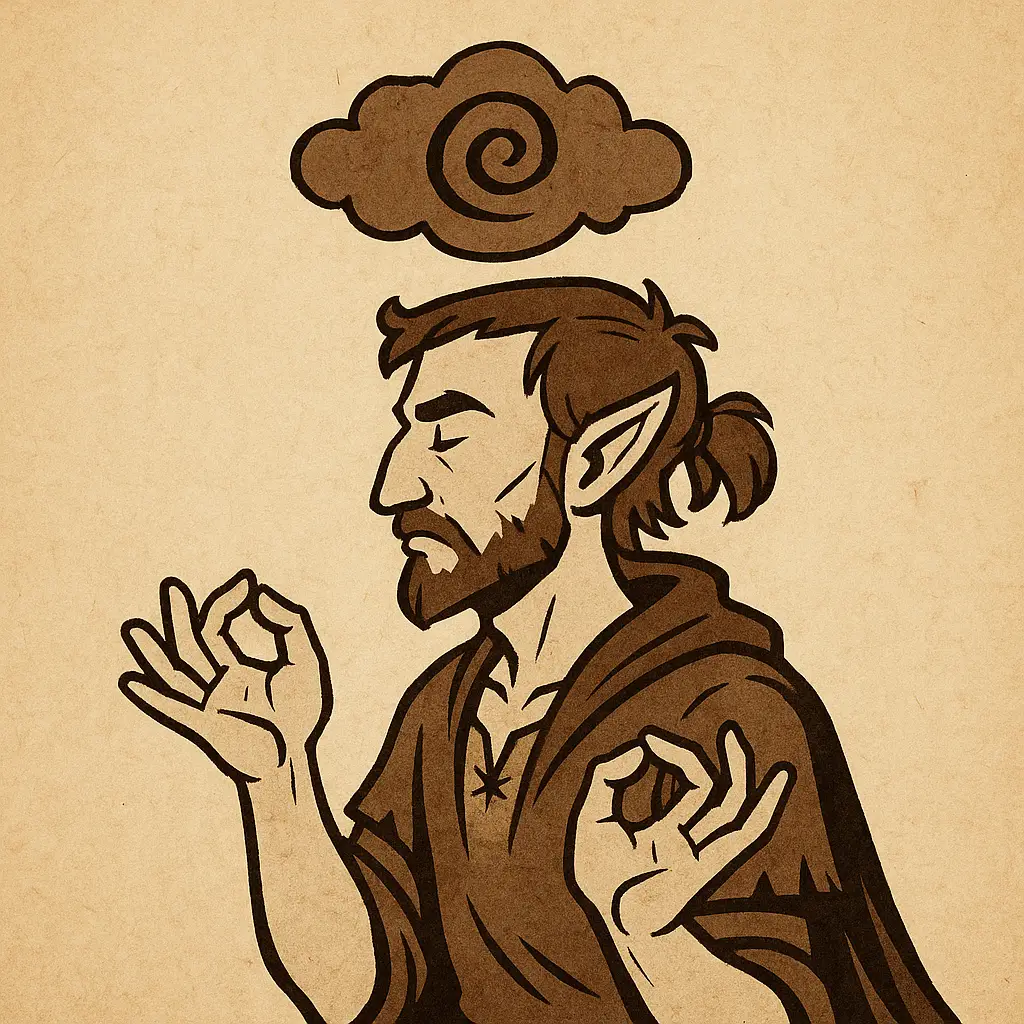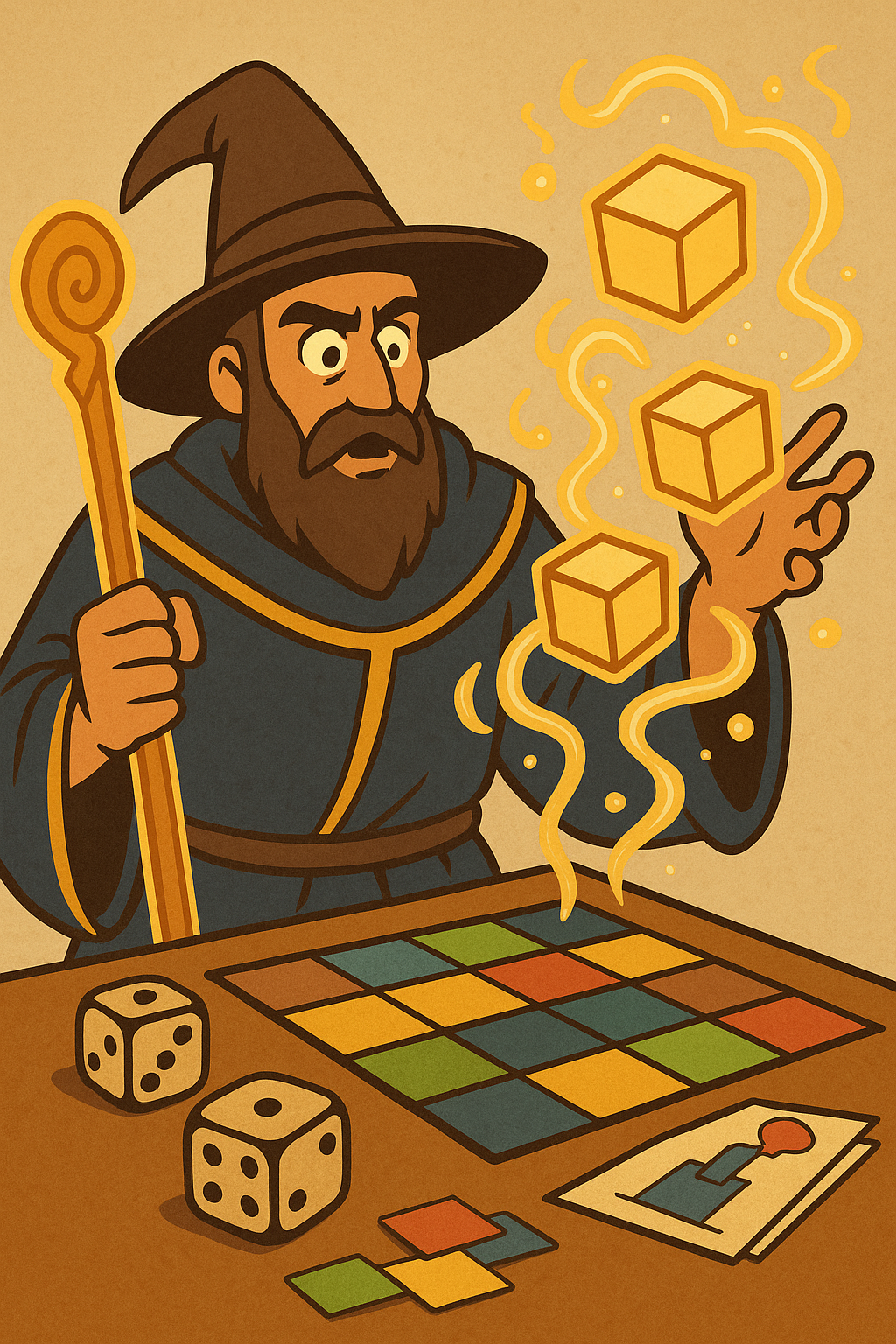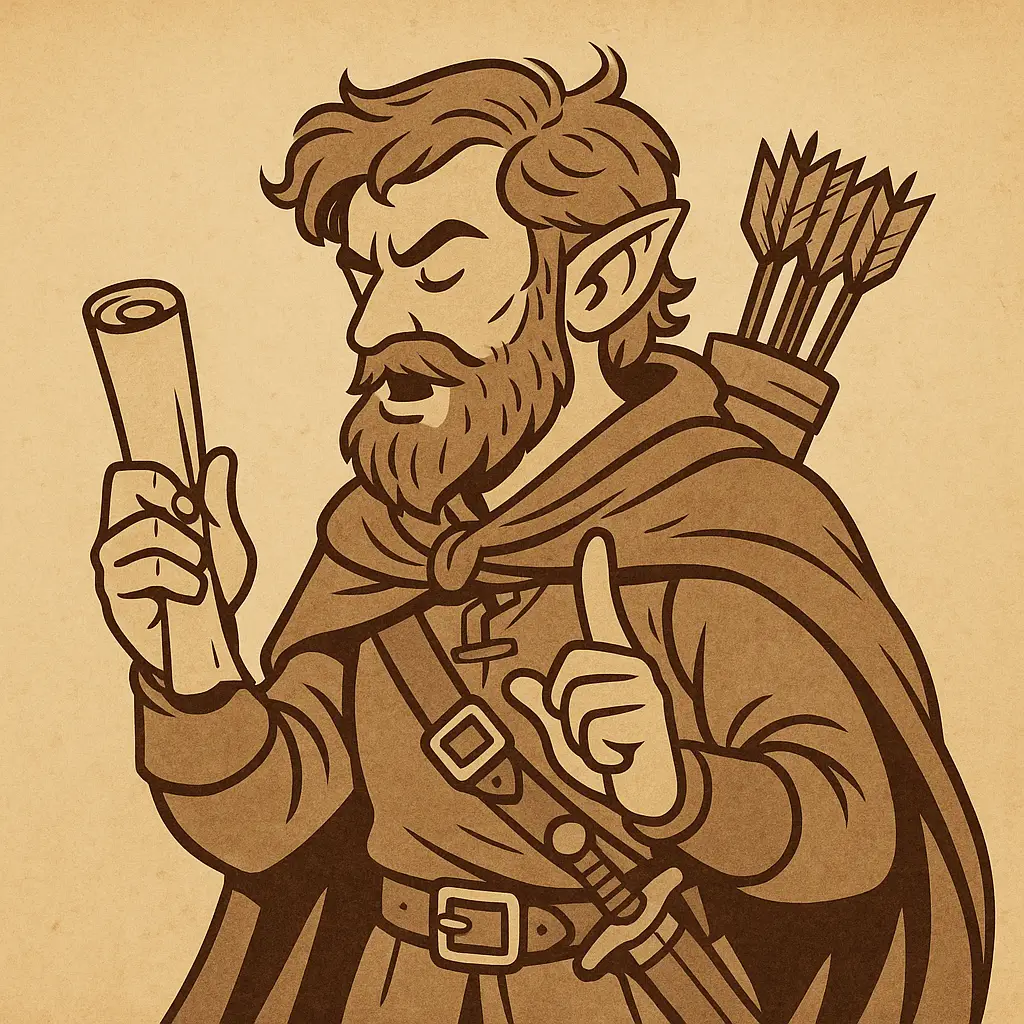How roleplaying games offer more than adventure—they offer healing, growth, and connection
When people hear “tabletop RPG,” they often picture dice, maps, goblins, and spreadsheets.
What they don’t always see is the shy player learning to speak up, the burned-out adult processing grief through a cleric, or the isolated teen discovering a safe place to be themselves at the table.
But those moments happen—quietly, powerfully, and often.
TTRPGs aren’t just about leveling up. They’re about expressing identity, navigating emotion, and processing personal experiences through collaborative storytelling.
Today on RPGInquisitor, we’re exploring the connection between mental health and roleplaying games—why these games matter, how they help, and what it looks like when storytelling becomes healing.
🎭 Why TTRPGs Support Mental Health
TTRPGs aren’t therapy.
But they can be therapeutic.
They combine:
- Imagination
- Social interaction
- Problem-solving
- Identity exploration
- Safe emotional rehearsal
All in a collaborative, low-stakes setting where players share control of the world and their place in it.
They’re part improv, part sandbox, part guided reflection.
And that’s exactly why they work.
🧬 Key Therapeutic Benefits of TTRPGs
1. Emotional Expression (In Character, Safely)
Struggling to say what you feel? Say it through a knight who can’t forgive himself.
Want to express anger? Your barbarian can.
Need to test boundaries? Let your bard flirt and fail freely.
Characters offer emotional distance—enough to explore vulnerable material without fear.
But over time, what feels like fiction reveals very real truths.
2. Practicing Social Skills
TTRPGs require:
- Conversation
- Negotiation
- Empathy
- Conflict resolution
They’re structured social spaces. Rules give context. Roleplay gives space to try, fail, and learn.
For neurodivergent players, introverts, or anyone rebuilding confidence, this is gold.
“My paladin learned to trust the group… and so did I.”
3. Control in a Chaotic World
Life is unpredictable. But in a TTRPG?
- You can solve the puzzle.
- You do get second chances.
- You can change the world, one decision at a time.
For players dealing with trauma, anxiety, or depression, this structured empowerment matters.
Games remind us: you have agency, even when the world says otherwise.
4. Reframing Identity Through Characters
Characters become:
- Mirrors (“This is how I see myself.”)
- Aspirations (“This is who I want to be.”)
- Experiments (“What if I tried this version of me?”)
In TTRPGs, people explore gender, grief, power, and morality—not with academic detachment, but with lived imagination.
These experiences carry back into real life in small, meaningful ways.
5. Belonging and Community
At the table, you belong.
You’re part of the party. You matter to the story. People want to hear what you say—even if it’s through a goblin named Meatball.
For players who feel isolated, this is healing all by itself.
“Game night is the only time I laugh all week. And it’s real laughter.”
🧠 How GMs Can Foster Therapeutic Storytelling
You don’t need a counseling degree to create supportive game spaces.
👂 1. Listen Actively
- Notice when a player is emotionally invested.
- Check in during intense scenes.
- Let characters express, but never force emotional arcs.
🎲 2. Allow Safe Exploration
- Give players control over backstory content and pacing.
- Include content warnings or session zero discussions.
- Offer in-character ways to resolve difficult issues (dreams, rituals, therapy NPCs).
🛡 3. Use Lines and Veils
Lines: topics that won’t appear in the game at all.
Veils: topics that fade to black or aren’t explored in detail.
These tools protect everyone’s comfort while still allowing meaningful stories.
🧪 Real Examples of Healing Through Play
These are composite examples drawn from real-world practices:
📘 The Veteran Fighter
A combat vet with PTSD played a pacifist cleric who negotiated every encounter. He used the game to explore nonviolent strength—and eventually, to talk about his real-life experiences.
🌧 The Anxious Sorcerer
A college student with social anxiety created a bold, brash sorcerer who always had a comeback. Over time, the player gained confidence speaking up—not just in character, but at work and school.
🕊 The Grieving Ranger
After losing a parent, a player made a character whose core story was searching for someone who never came home. The table knew. They supported her through tears and laughter. She said the campaign helped her process what therapy alone could not.
📚 The Rise of Therapeutic RPG Practice
Today, trained mental health professionals are running TTRPG-based therapy groups.
They use games to support:
- Trauma recovery
- Social learning (especially for teens)
- Emotional regulation
- Self-esteem building
These sessions blend:
- Narrative flexibility
- Group processing
- Real-world skills rehearsed through fictional choices
From schools to clinics, the dice are helping.
⚖️ Caution: TTRPGs ≠ Therapy (Unless Run by a Therapist)
While therapeutic storytelling is powerful, it’s not a replacement for professional mental health care.
- GMs should not act as therapists unless trained.
- Players should not be pressured to share real trauma.
- Roleplay should not be used to confront someone without consent.
The table is for support—not uninvited psychology.
That said, healthy games can be complementary to healing, just like journaling, exercise, or art.
🧩 Making Your Game More Emotionally Supportive
Want to nurture emotional well-being at your table? Try this:
🪑 1. Have a Session Zero
Talk about expectations, safety tools, content limits, and preferred styles of play.
🎭 2. Use Roleplay Cards (X/N/O System)
- X = stop
- N = uncomfortable
- O = all good
These hand signals keep scenes safe without derailing immersion.
🤝 3. Foster Collaborative Character Arcs
Let players build backstories that intersect. Let emotional beats evolve naturally. Let everyone be part of the spotlight.
🌟 4. Celebrate Emotional Moments
- Applaud roleplay, not just combat.
- Let tears, vulnerability, and joy be part of the game.
- Say “That was brave” when someone shares something heavy.
🛠 Ideas for Emotionally Resonant Roleplay
Sprinkle these into your campaign:
- A festival of remembrance where players honor the dead
- A side quest about healing a cursed item that mirrors a player’s trauma
- A moment when a character fails—not mechanically, but emotionally—and the group supports them
- A dream sequence that offers reflection or closure
You don’t need “deep scenes” every session. But when they happen? Lean in.
🧠 Final Thoughts: The Game Can Hold More Than You Think
Tabletop RPGs are about fantasy, yes.
But they’re also about being seen. About being safe. About trying again in a world where second chances are rare.
They give us the space to:
- Be braver than we feel
- Speak when real life silences us
- Heal without anyone ever saying, “this is therapy now”
So let your characters cry.
Let your players vent.
Let the dice fall—but catch each other after.
Because sometimes, when you sit down to play?
You walk away feeling whole.


